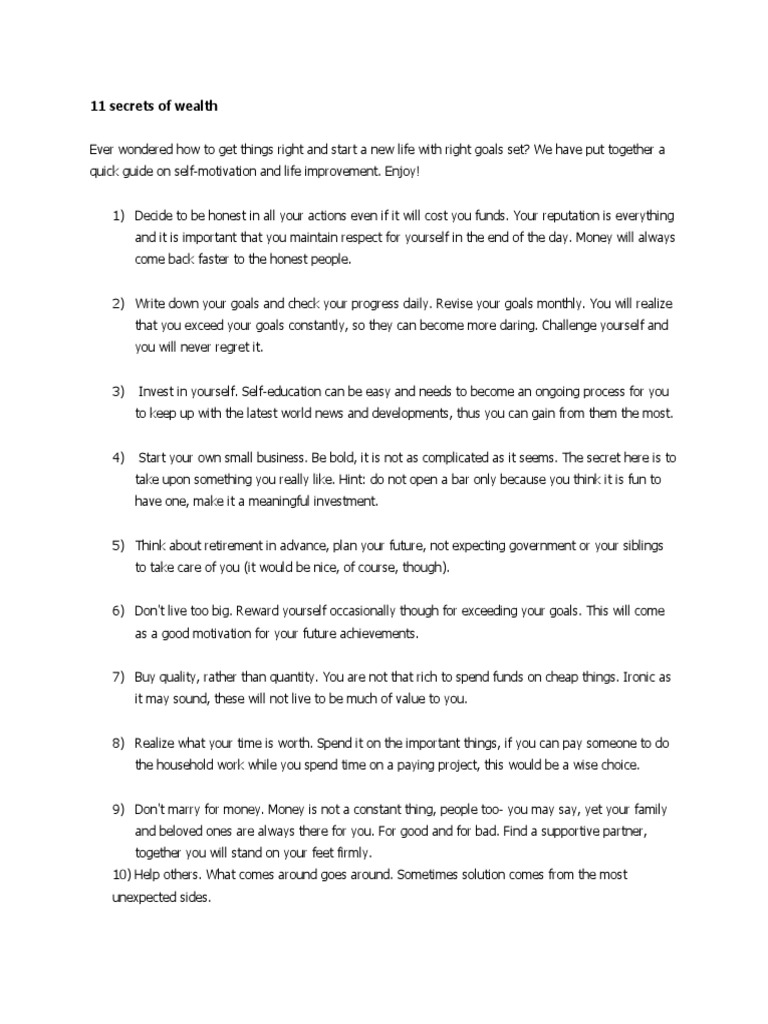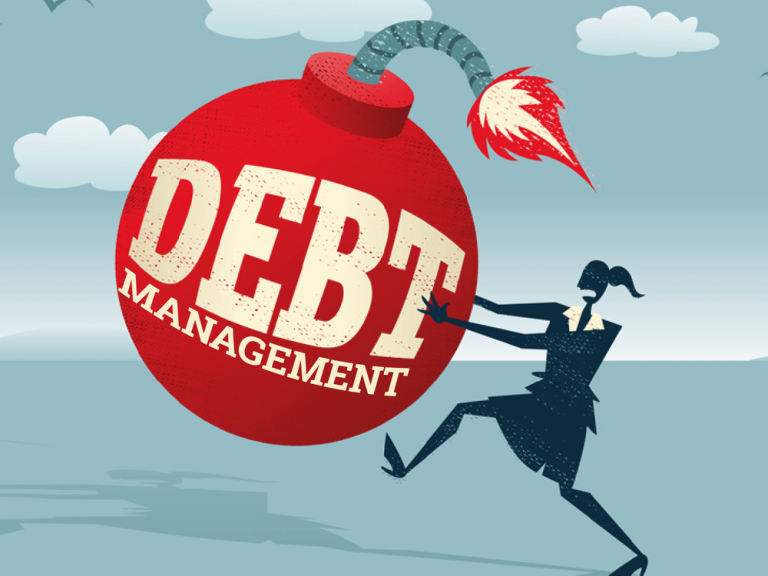Understanding consumer rights is essential for anyone looking to navigate the complexities of product liability and consumer protections. In recent years, more consumers have become aware of their rights, particularly in relation to the accountability of manufacturers and sellers. The landscape of consumer rights is vast, but one area that often requires attention is the specific protections consumers have concerning product liability. This post delves into the essential aspects of consumer rights, focusing on understanding your protections under product liability.
Consumer Rights: Understanding Your Financial Protections
This image encapsulates a comprehensive overview of consumer rights and the critical aspects of financial protections available to consumers in the face of product liability. A strong understanding of how these rights function can aid in making informed decisions, especially when faced with faulty products or inadequate disclosure from companies.
What Are Consumer Rights? Exploring Your Legal Protections
Consumer rights encompass a range of legal protections that ensure individuals can confidently engage in transactions without the fear of unfair practices. At its core, consumer rights are designed to promote fair trade, competition, and accurate information in the marketplace. Understanding these rights is crucial, especially when those rights extend into the realm of product liability.
Consumer Rights: Understanding Your Financial Protections and Product Liability
Product liability refers to the legal responsibility of manufacturers and sellers to ensure their products are safe for consumers. If a product is defective, harmful, or misrepresented, consumers have the right to seek recourse. These protections fall under a broader umbrella of consumer rights, which includes the right to be informed, the right to safety, and the right to choose.
Here are several critical components of consumer rights as they pertain to product liability:
1. Right to Safety
One of the fundamental consumer rights is the right to safety. This mandates that all products must meet certain safety standards before they are sold. Thus, if a product causes injury due to a manufacturing defect or a failure to warn of potential hazards, consumers are entitled to financial remediations.
2. Right to Be Informed
Consumers possess the right to receive complete and accurate information regarding the products they purchase. Inadequate disclosures can lead to risky purchases, and businesses can be held accountable if they fail to provide critical information about a product’s risks or limitations. Understanding your rights here allows consumers to avoid unnecessary risks.
3. Right to Choose
Consumers also maintain the right to choose from a variety of available options without being subjected to unfair practices. Antitrust laws work to protect this right, ensuring that monopolistic practices do not inhibit fair competition. Understanding this right is vital for consumers in assessing different products and making informed choices.
Consumer Rights: Understanding Your Financial Protections Against Defective Products
When a product is defective, it is essential to understand what financial protections exist to address any resulting harm or loss. These protections provide a safety net for consumers, allowing them to seek compensation for damages. Here are key aspects to consider:
Warranty Rights
Many products come with warranties that guarantee a certain level of performance or safety. If a product fails to meet these standards, consumers can either request a repair, replacement, or refund. Familiarizing yourself with the warranty terms can significantly affect your financial protections.
Claims Under Product Liability Laws
Most jurisdictions allow consumers to file claims against manufacturers or sellers if they are harmed due to a defective product. These claims can cover a range of damages, including medical costs, lost wages, and emotional distress. Understanding how to assert these rights is crucial to protecting your financial well-being.
Class Action Suits and Mass Torts
In some cases, multiple consumers may face similar issues with a product. Class action lawsuits allow groups of consumers to collectively seek redress. This can be a powerful option for those facing financial losses due to widespread product defects.
Resources for Understanding Consumer Rights
Consumers have a wealth of resources at their disposal to learn more about their rights under product liability laws. Here are a few valuable places to start:
Government Websites
Websites like the Consumer Product Safety Commission (CPSC) and the Federal Trade Commission (FTC) provide valuable information on consumer rights and safety standards. Here, consumers can find guidelines and regulations that protect them against unsafe products.
Consumer Advocacy Groups
Various nonprofit organizations advocate for consumer protections and provide information about understanding product liability. These groups work tirelessly to ensure that consumers are informed and that their rights are honored.
Legal Resources
For more complex issues or potential claims, consulting with a lawyer who specializes in consumer protection can shed light on how best to proceed. These legal resources can provide personalized guidance on the steps to take when seeking compensation for damages.
Final Thoughts on Consumer Rights: Understanding Your Financial Protections
In summary, comprehending your rights as a consumer is imperative in today’s marketplace. With the ever-evolving landscape of product liability laws, consumers must stay informed. The promise of consumer rights is to create a safer, more transparent buying environment where individuals can trust that the products they consume are safe and reliable. By understanding these rights, especially how they pertain to financial protections against defective products, consumers can engage more effectively with the marketplace and ensure their interests are safeguarded.
It is essential to remain proactive in educating yourself about consumer rights and utilizing available resources. Whether through government channels, nonprofit organizations, or legal advice, taking the initiative can empower you to navigate the complexities of product liability with confidence and assurance.



